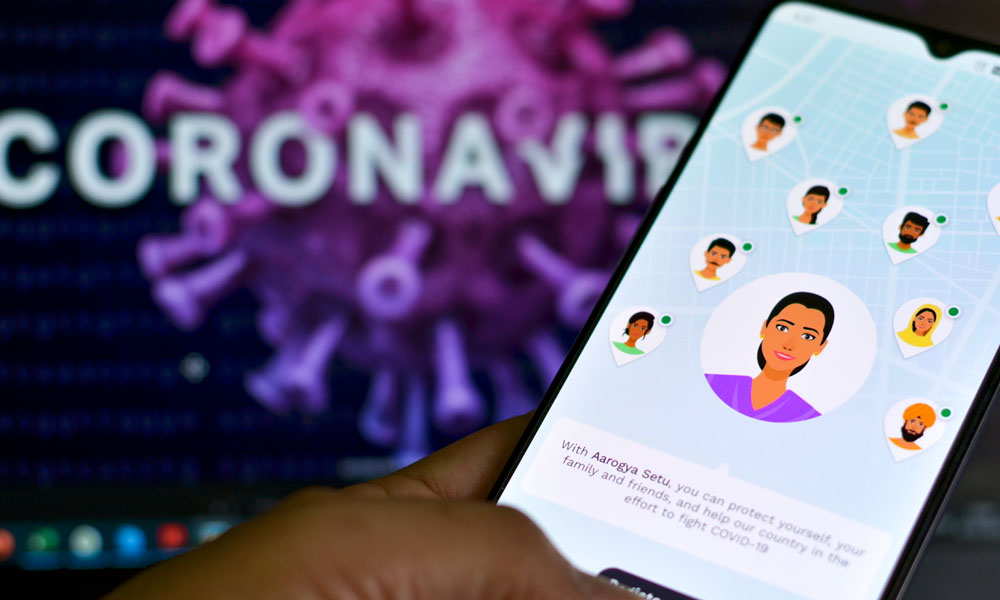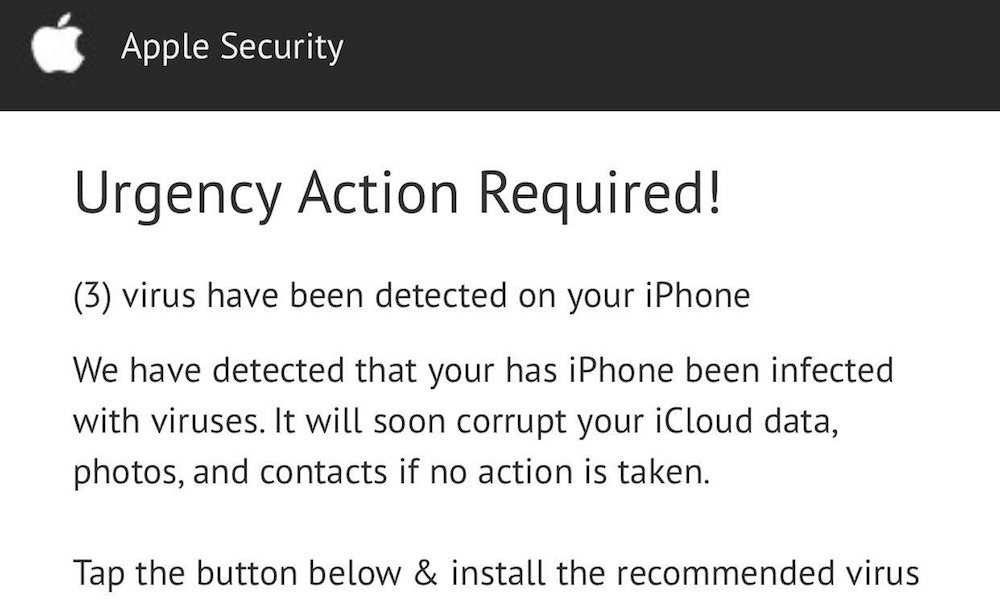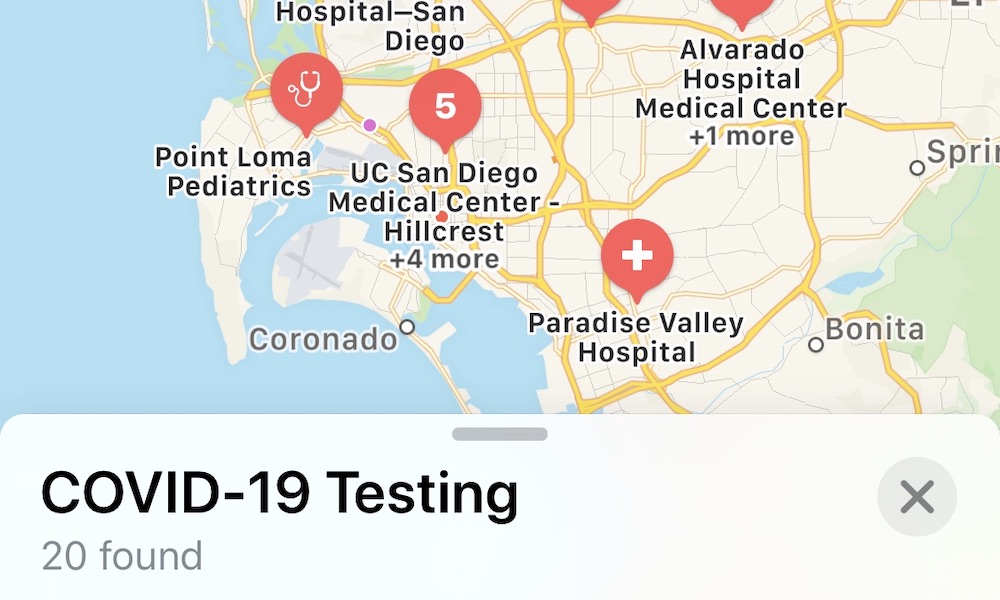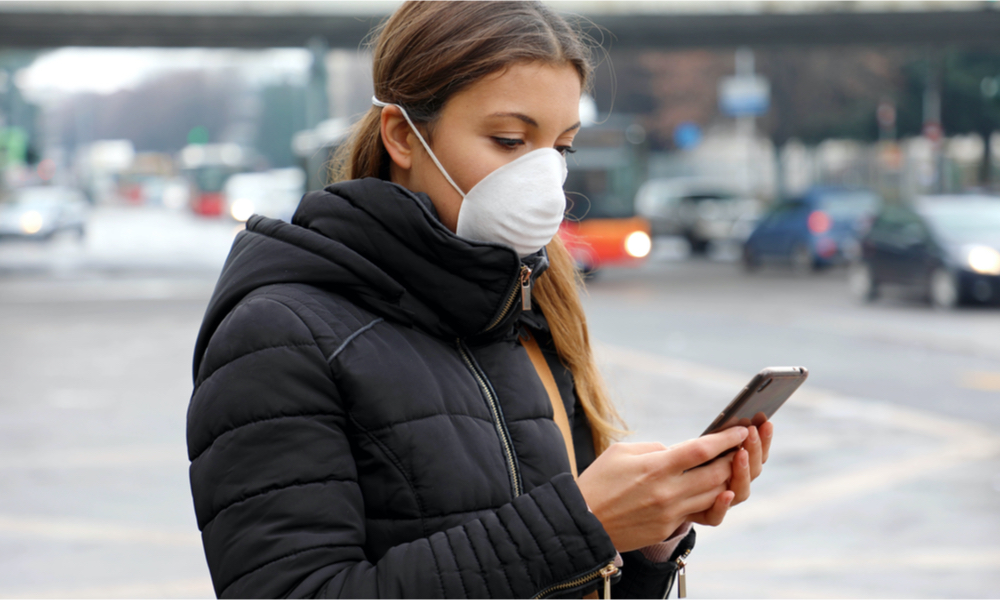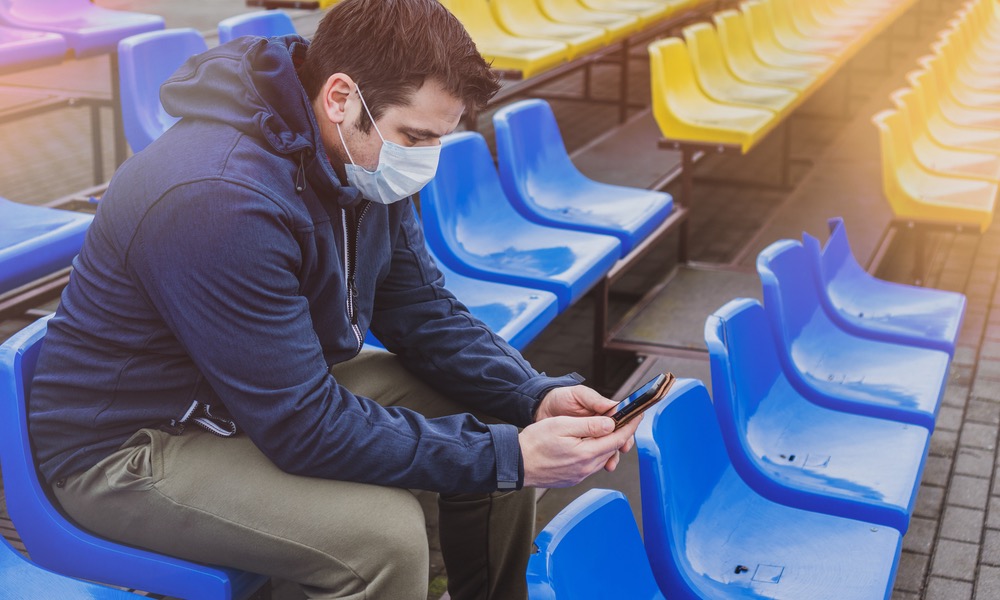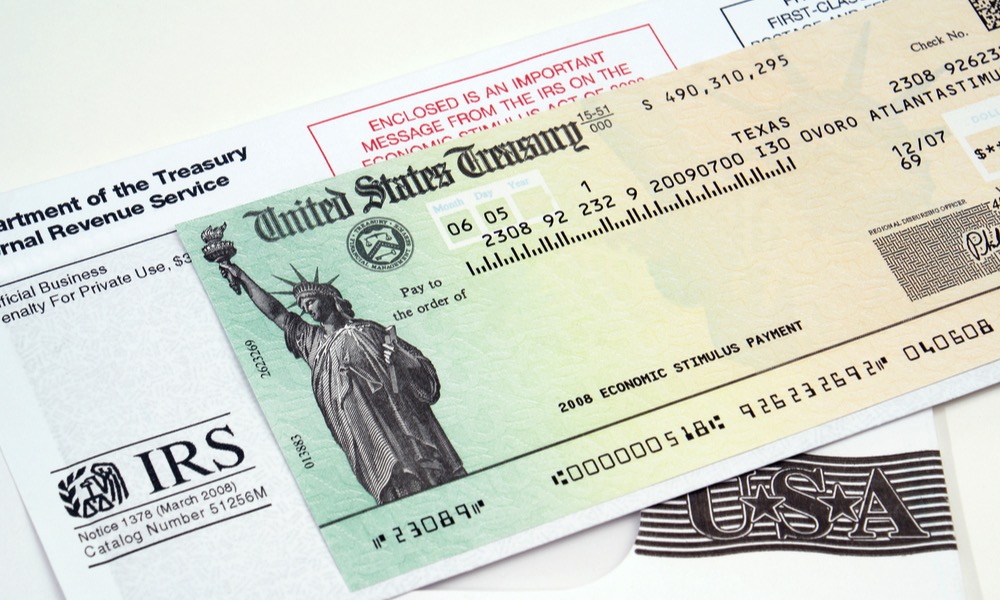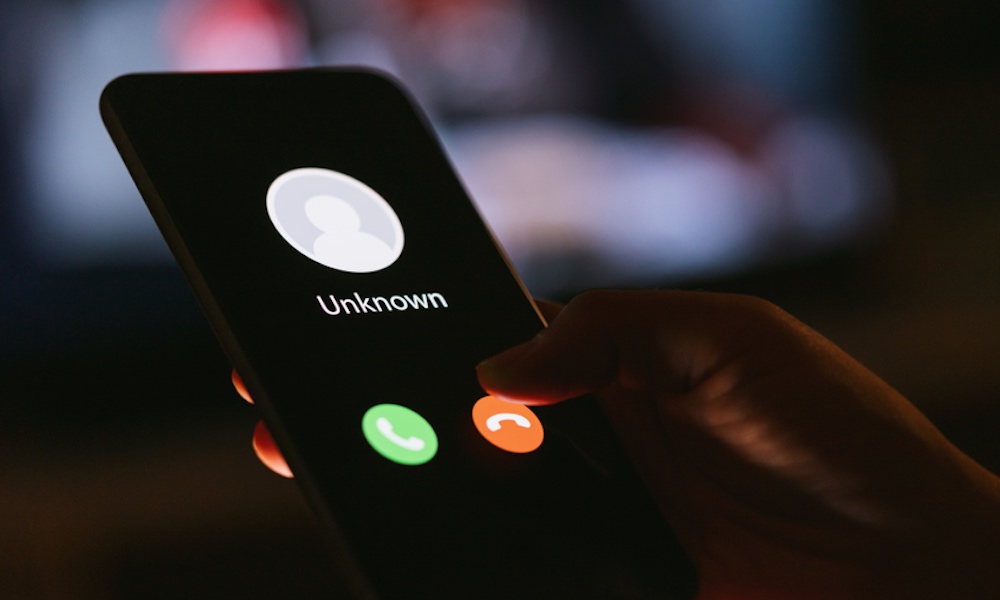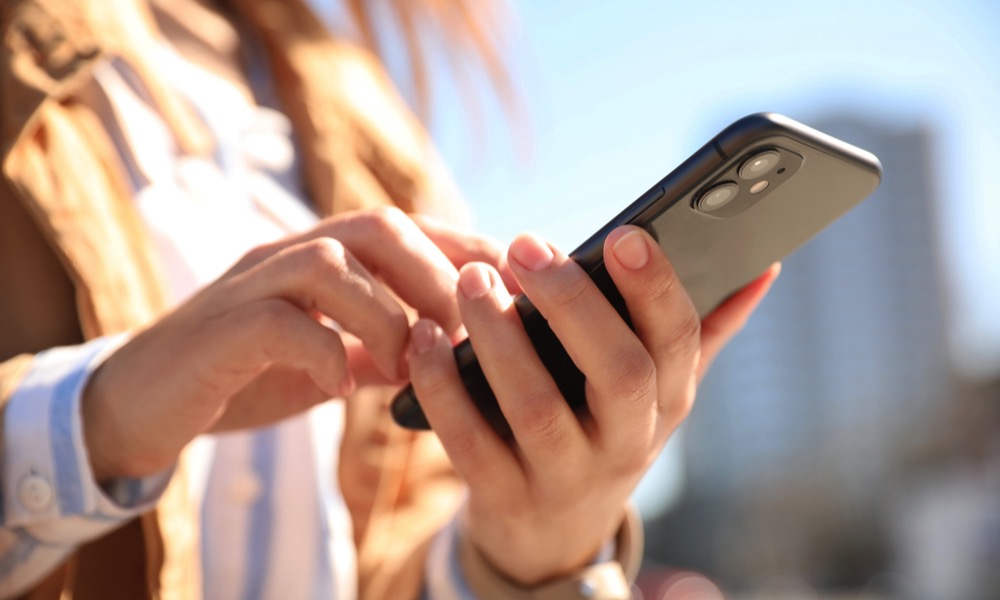iPhone Users Be Warned – These 9 Scams Are on the Rise in 2020
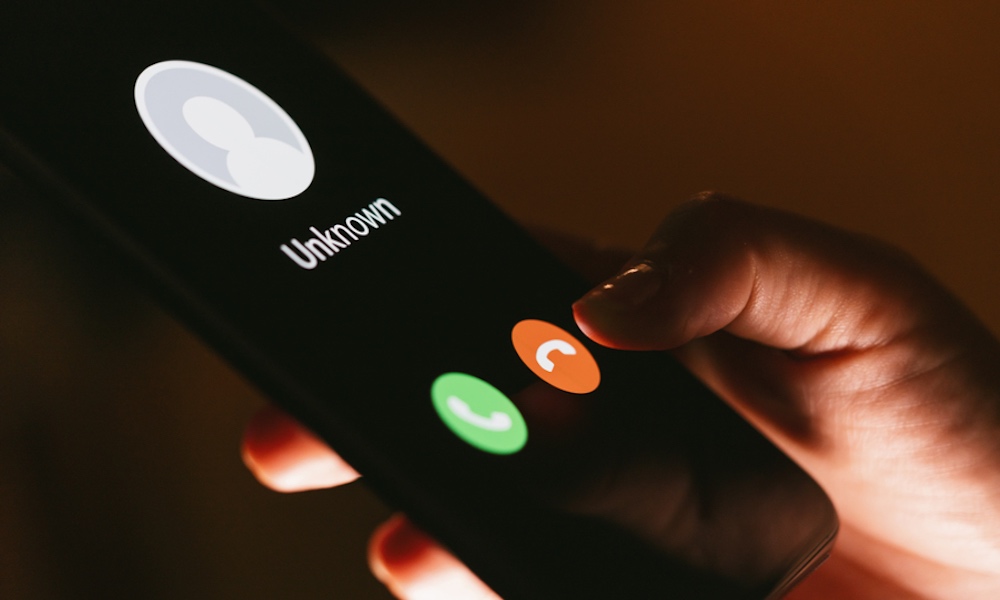 Credit: r.classen / Shutterstock
Credit: r.classen / Shutterstock
Toggle Dark Mode
2020 has seen a significant jump in the number of mobile scams (many connected, in part, to coronavirus conditions), and a lot of them are targeted at iPhone users. Since even cautious users can be caught by a scam if they aren’t paying attention, it’s important to keep an eye on the current iPhone scams being used so you recognize their tactics. Continue reading to browse which scams are on the rise and why they’re dangerous.
Fake Contact Tracing Calls
“Contact tracing” refers to identifying people who have come into contact with someone who contracted COVID-19. It’s used for large-scale data mining projects that are trying to find epidemic loci and plan better protection options in the future. There are a lot of different ways to do this, including apps and surveys, but processes may vary between states or even cities.
That kind of chaos has opened up an opportunity for contact tracing scams, which is basically just contacting random people and saying they need personal information for the state’s contact tracing program. These scams are often pretty clever, sending text messages or voicemails that can sound like they’re from the government.
Real contact tracing efforts typically come directly from state health departments, and will text you first with a warning that you will be getting a call from a specific state number. Unexpected calls, and calls that ask you for any financial information whatsoever, are scams. Texts that ask you to click a link in the text would love to give you some malware, no matter how official the link looks.
Warnings About Compromised Apple Accounts
We’re seeing a sharp rise in these Apple scams in 2020, possibly taking advantage of people who are using their mobile devices more for working and shopping online than they did before. These scams pretend to be from Apple or from a security company, and let you know that your Apple Account has been hacked and you need to take immediate action. That action, of course, involves disclosing Apple account and financial information that can then be used for an actual hack.
Important reminder: Apple does not call you to tell you your account has been compromised or stolen. Ever. They may send email notifications (but even these should be approached carefully).
Fortunately, the latest round of these Apple scams appears to be fairly amateur, with iPhones getting spammed with dozens of calls over just a couple of days. If you get one, hang up and block the number.
Scams Pretending to Be From Your Company
These scams quickly shot up as more people started working remotely. In this case, someone calls pretending to be from your company’s IT or security department (sometimes even from people pretending to be a manager). They reveal a serious bug or hacking attempt, and then try to get access to your computer or personal information to “fix” it.
The good news is that this only tends to work with larger companies where you may not be familiar with the IT department. The bad news is that these scams can be clever and may even dupe tech support phone numbers to look like the real deal. Your best bet is to hang up and contact a peer you know at the company (manager, teammates online, your office’s help desk, etc.) and ask if something is really going on.
Free Testing and Diabetic Monitors
Another COVID-related scam targets mobile users with texts and calls offering free testing for coronavirus. It’s a scam seeking to feed on people’s panic with promises of easy, available testing for them and their family members…if they just provide their contact info and a few financial details.
To be clear, no one should ever order coronavirus testing through a call or text. That’s not something that exists. Indeed, in most locations testing is strictly held for those who have symptoms or can prove possible exposure. Anyone trying to get you free testing is a scammer, even if they promise they are from the government.
These tests are often tied in with offering diabetic monitors and similar equipment. This is just another way to trick people who may be desperate for medical supplies that are harder to get now than they used to be.
Pitching Free COVID ‘Cures’ and Masks
Taking things a step further, other scams outright offer COVID cures or free masks on calls, in a ploy to get identity information. Fortunately, a bit of common sense goes a long way in these cases. There is no miracle cure, black market antibody, or secret herb that can heal or protect against COVID-19. Even if there was a vaccine, you wouldn’t be getting it for free via a random phone call. Likewise, no one is offering free masks via call or link, and even if they were you shouldn’t trust them.
Lying About National Orders and Emergencies
Another version of the COVID scam will text your phone with an announcement of a key national order, or declaration of emergency over the epidemic. This announcement will try to make you click on a link for more information, or provide sensitive data according to “government orders.”
This can be tricky because the federal government really does have the ability to send mass text messages for national emergencies and similar reasons. However, it’s also an easy scam to see through: Just hop online and see what the news is saying about any government proclamations, then check social media to see if anyone else is talking about it. If it happens, it happens to everyone.
New Tax and Refund Scam Calls
2020 is a crazy tax year, it’s true. But it’s not so crazy that you’ll get random calls from the IRS about taxes, refunds, or stimulus checks.
Remember, the official tax deadline just arrived on July 15th, 2020. You aren’t in danger of any penalties or fees if you have managed to file taxes by then. This is also why refunds may take some time to appear, so there’s nothing to worry about there, either.
While many people have received their stimulus checks already, some haven’t – but that doesn’t mean something has gone wrong, nor does it mean you are eligible for extra payments. You can check the status of your stimulus check any time you want by visiting this IRS website designed just for that. If someone is calling or messaging you about it, it’s a scam.
Fake Donation Calls
In times of stress and suffering, it’s natural for some people to want to help. Unfortunately, this has led to a rush of scams pretending to be nonprofits or donation centers and asking for aid. As a rule, never donate on a whim and follow the FTC guidelines on researching charities before contributing anything. Don’t let a call or message guilt you into anything. Oh, and make sure that your parents aren’t falling for any donation schemes either, especially if they are elderly and more likely to be targeted.
Phony Small Business Aid and Loans
Many small businesses are seriously struggling right now. That can make them more susceptible to scams, especially if that scam offers them free money or easy government loans. Some of these scams will even link to sites that mimic the Small Business Administration site or the Payroll Protection Program site to fool people. If it’s not from SBA.gov, you should ignore it.

